
According to Revenue’s definitions, an amusement machine is one that allows players to win “no more than an opportunity to play again” or “to obtain a non-monetary prize” the value of which does not exceed €7.

Once this has been said, various properties in the Dublin city center feature casino-style gaming machines, although are supposed to be amusement site and gambling type machines are banned from being featured in the city.
However, in Dublin there are three proved establishment where this happens Dr Quirkey´s on O’Connell Street, Empire Amusements on Burgh Quay and Amusement City on Westmoreland Street.
The establishments had found a way to converted into a gambling facility with casino-style games such as video poker, roulette, and blackjack their facilities. Also, there were no age checks at the property to ensure that underage customers are prevented from playing the casino-style games featured there (READ SO: GAMBLING IN IRELAND PREPARING A RENOVATION IN THE LAW)
However, the Dr Quirkey´s is owned by one of the richest man from Ireland, Richard Quirke (pictured), he operates casinos with licenses from Ireland’s Revenue (Revenue Commissioners) that are actually only applicable to amusement machines.

I loved

I liked

I dont liked
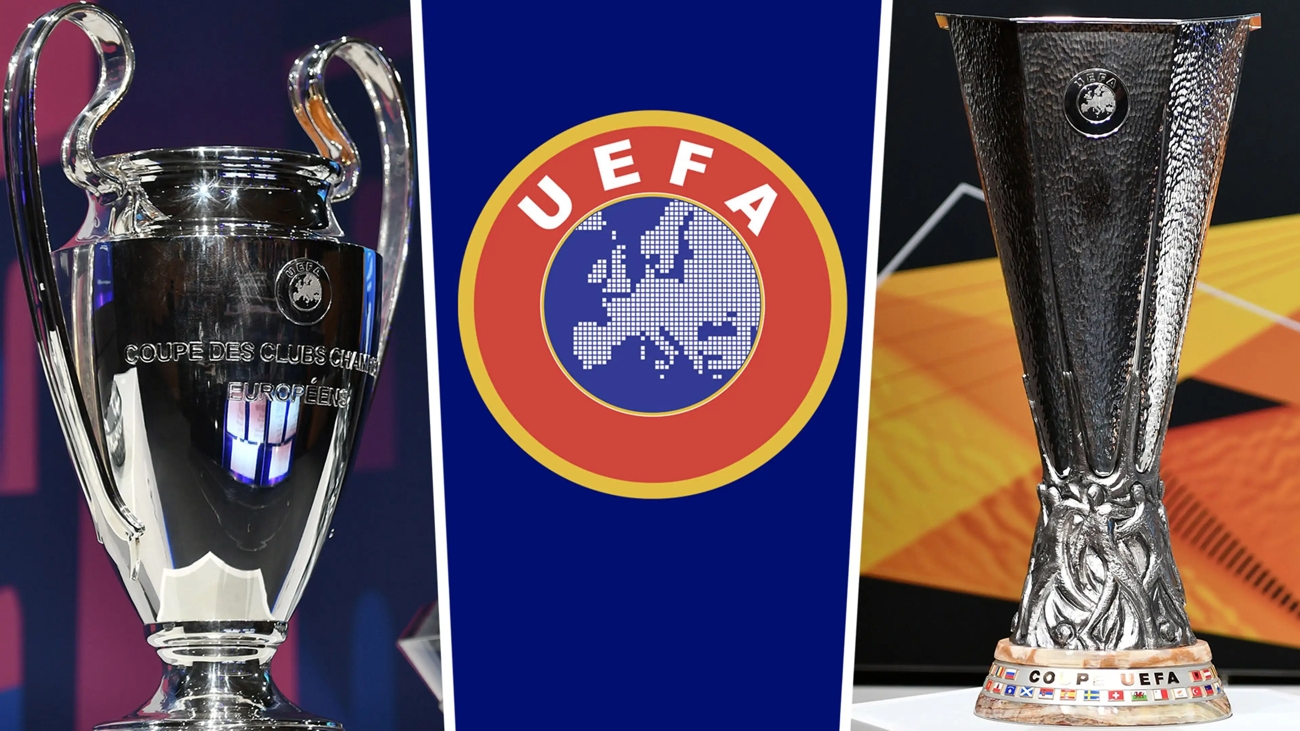
A representative of the Gibraltar Gaming Division specializing in sporting integrity issues has attended a high-level workshop jointly organized by the International Olympic Committee and UEFA at the Olympic House in Lausanne, Switzerland. It was a seminar to optimize prevention regarding fraudulent sports betting and match-fixing.
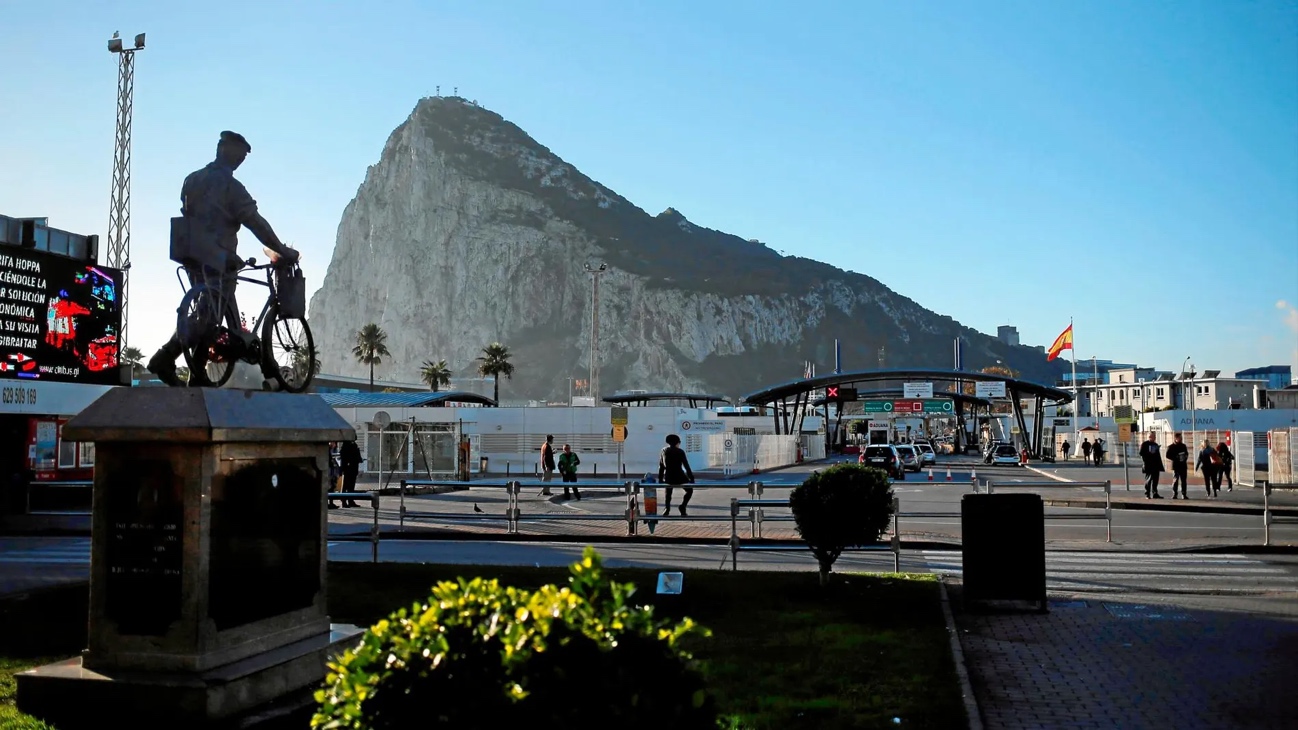
The Gibraltar Football Association (GFA) hosted a UEFA seminar on match-fixing at the Rock, which was also attended by representatives from the Gaming Division. Andrew Lyman, Gibraltar's Gambling Commissioner, highlighted: “Work on integrity in sport and engaging with parties interested in match-fixing is an important part of our work that often goes unnoticed.”

In the 22/23 season, the Gibraltar Gaming Division received 42 betting integrity reports from betting operators and 13 requests for assistance from the Olympic Movement Unit on Prevention of Manipulation of Sports Competitions. In addition, according to the Gibraltarian authorities, he participated in many communications to national and international sports governing bodies (including FIFA and UEFA), as well as in engagement with law enforcement.
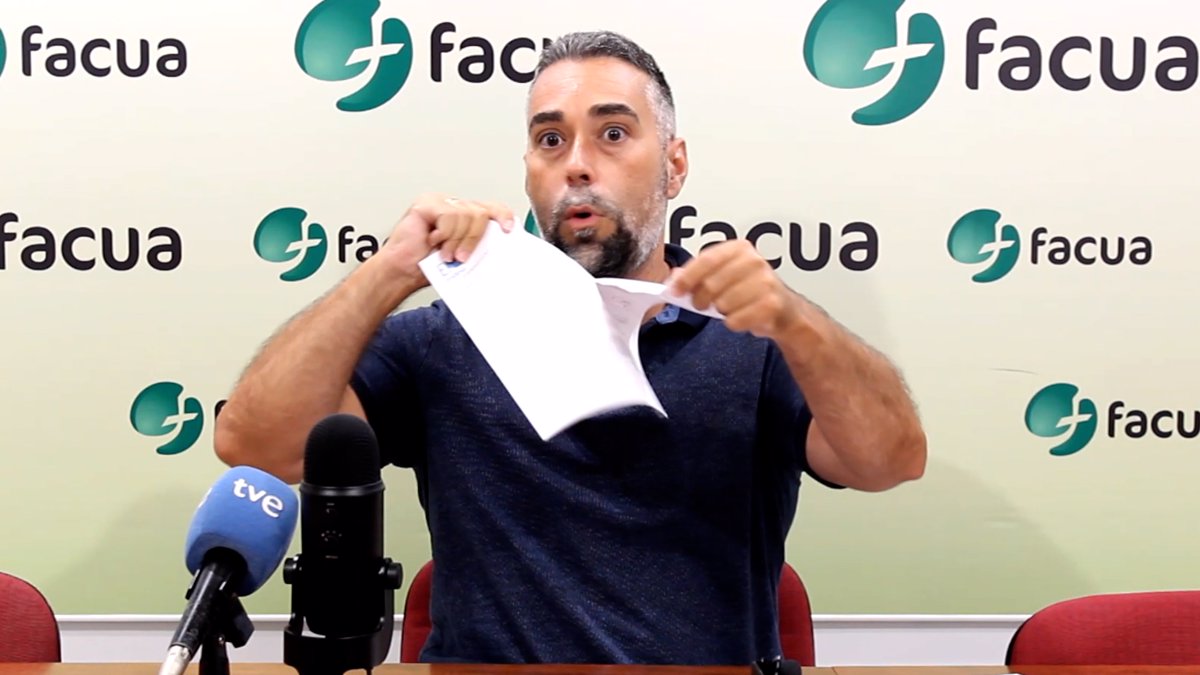
Facua [The consumer association FACUA-Consumers in Action] has requested the Government to promote a modification of the Gaming Law and other laws that affect the matter in order, according to the association, to correct the inconsistencies that exist between them and that have led to the Supreme Court to annul several articles of the regulations implemented in 2020 to limit advertising of betting houses and their products.


The Supreme Court indicates that it is necessary to annul a series of articles, since there is no prior legal authorization that allows this rule to regulate certain issues, including limitations on attracting clients or the prohibition of advertising by famous people.
The association considers that, even though betting houses are dedicated to a legal activity, they are especially harmful to vulnerable groups such as minors or people with few resources, as well as users who already have gambling problems and that through the internet, they have direct and easy access to these betting platforms.
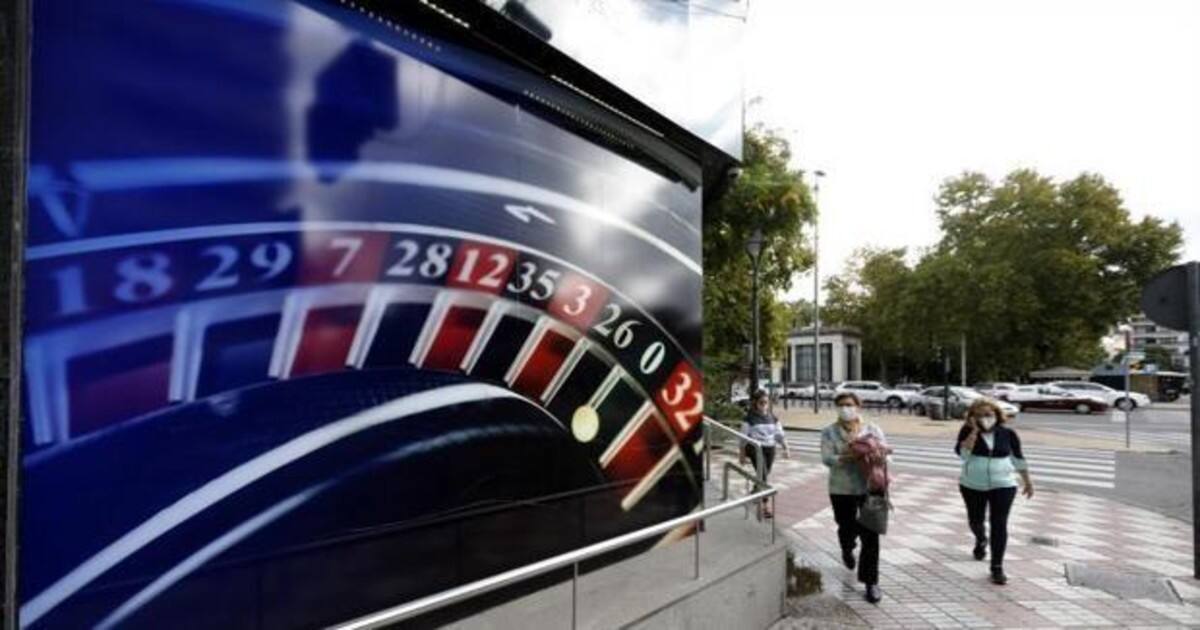
This Supreme Court ruling opens the door to a flood of betting house advertisements on social networks, media, or websites, also using famous people as a lure.

Facua points out in its statement that, although gambling is a legal activity that people of legal age can voluntarily access, this does not prevent the danger that it can pose for certain especially vulnerable groups from justifying the State from limiting its advertising to all the citizens.
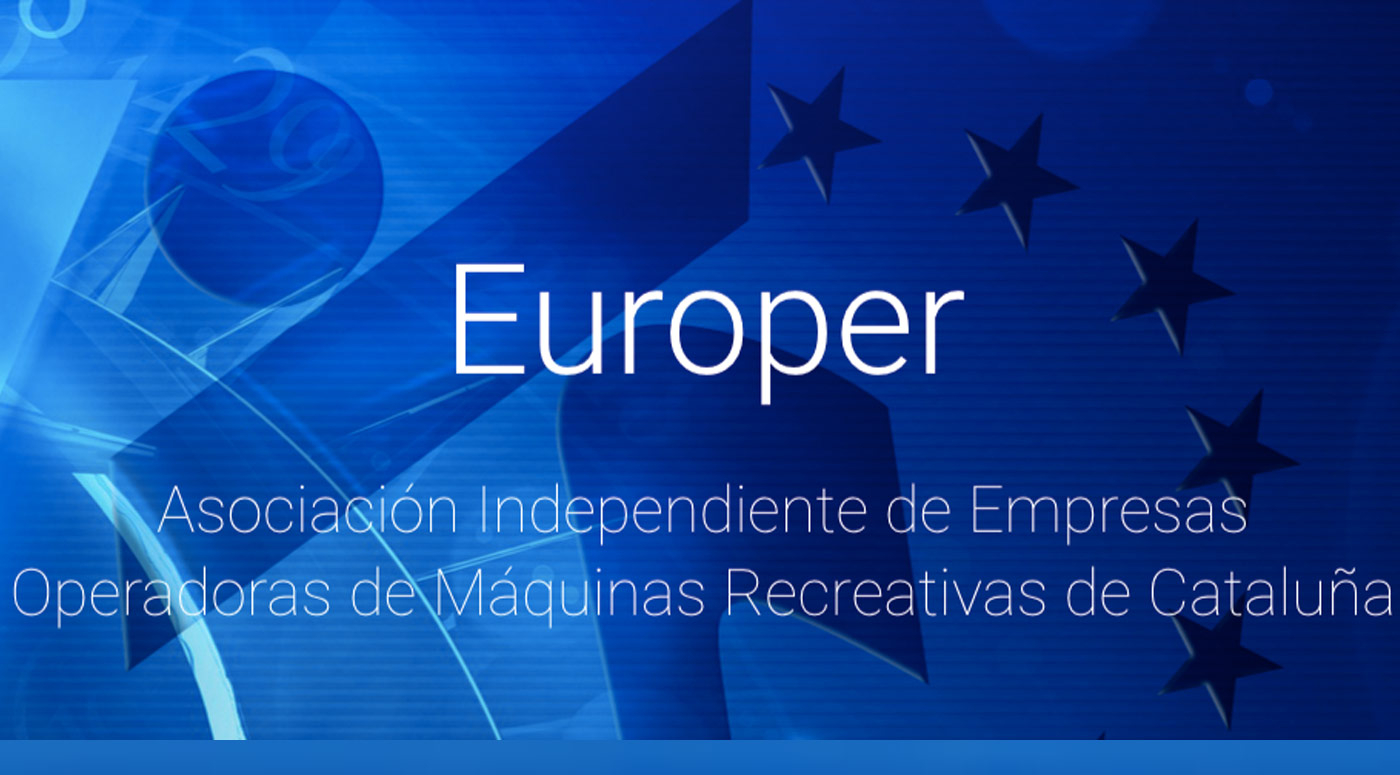
The Independent Association of Recreational Machine Operating Companies of Catalonia, Europer, has published the results of its third barometer on the situation of the recreational sector. The objective of this analysis is to provide a greater understanding of the business reality in the recreational field for the economic world, the Administration and society in general.
7 out of 10 recreational companies have been harmed when requesting financing for their business because they are linked to the gaming sector.
This survey, carried out in March 2024, included the participation of 406 Catalan companies, 93% of which are SMEs. According to the results, 72.7% of companies in the recreational sector have experienced difficulties when applying for financing due to their association with gambling.
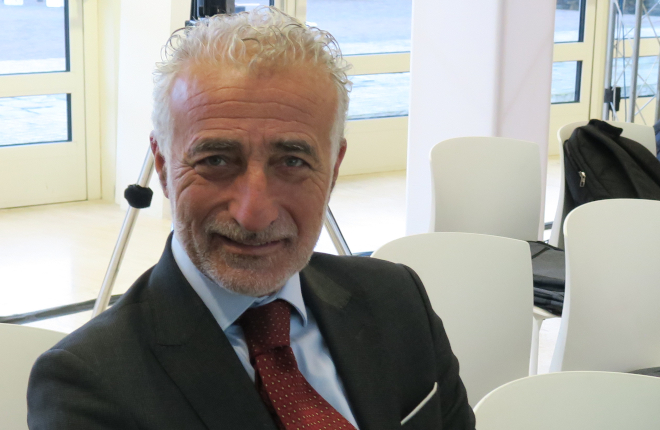
Albert Sola, president of Europer, expressed his concern about this data and noted: "We hope that these prejudices towards companies in our sector will soon disappear, since we strictly comply with the law and, therefore, we should have the same rights as any another industry”.
Regarding the evolution of business during the first quarter of the year, 54.5% of companies reported positive progress, while 36.4% remained stable and only 9.1% experienced a decline. These results represent an improvement over the previous quarter, where only 37.5% reported positive progress.
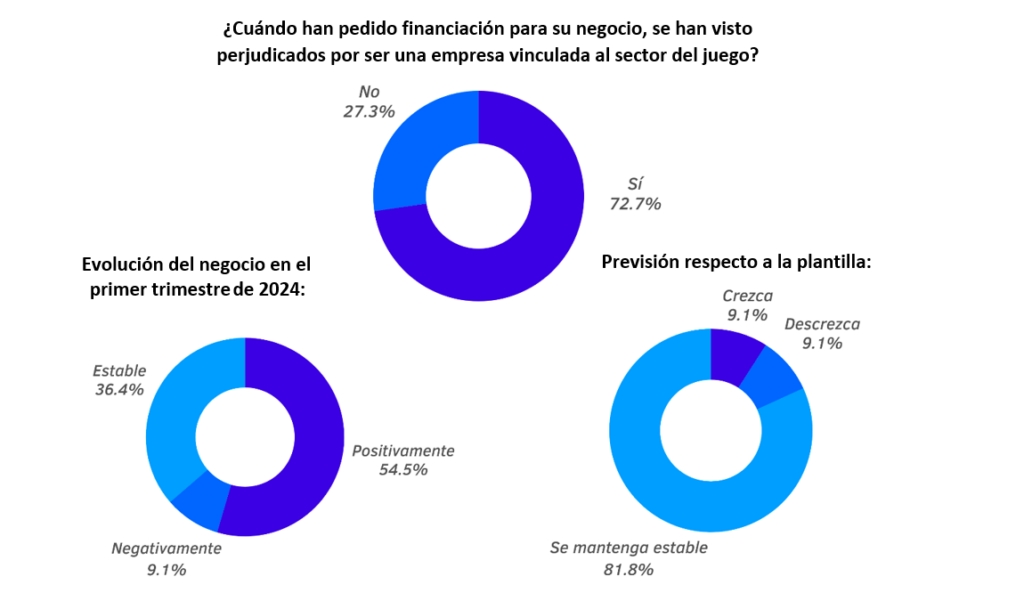
Regarding workforce growth expectations for the second half of 2024, 81.8% of companies plan to keep their staff stable, 9.1% anticipate growth and another 9.1% anticipate a decrease. These figures are similar to those of the previous quarter, suggesting a stable trend in the sector.
Albert Sola concluded: "These are encouraging data for companies in the gaming sector, and we hope that this positive trend will continue throughout 2024."

It establishes that intensive and risky players are prohibited from using this payment method when they accumulate net losses equal to or greater than €600 euros for three consecutive weeks. This initiative is part of what the ministry has called 'safe gaming environments', and although they were already approved a year ago by the Government, the standard gave gaming operators a period of 12 months to adapt the new provisions.
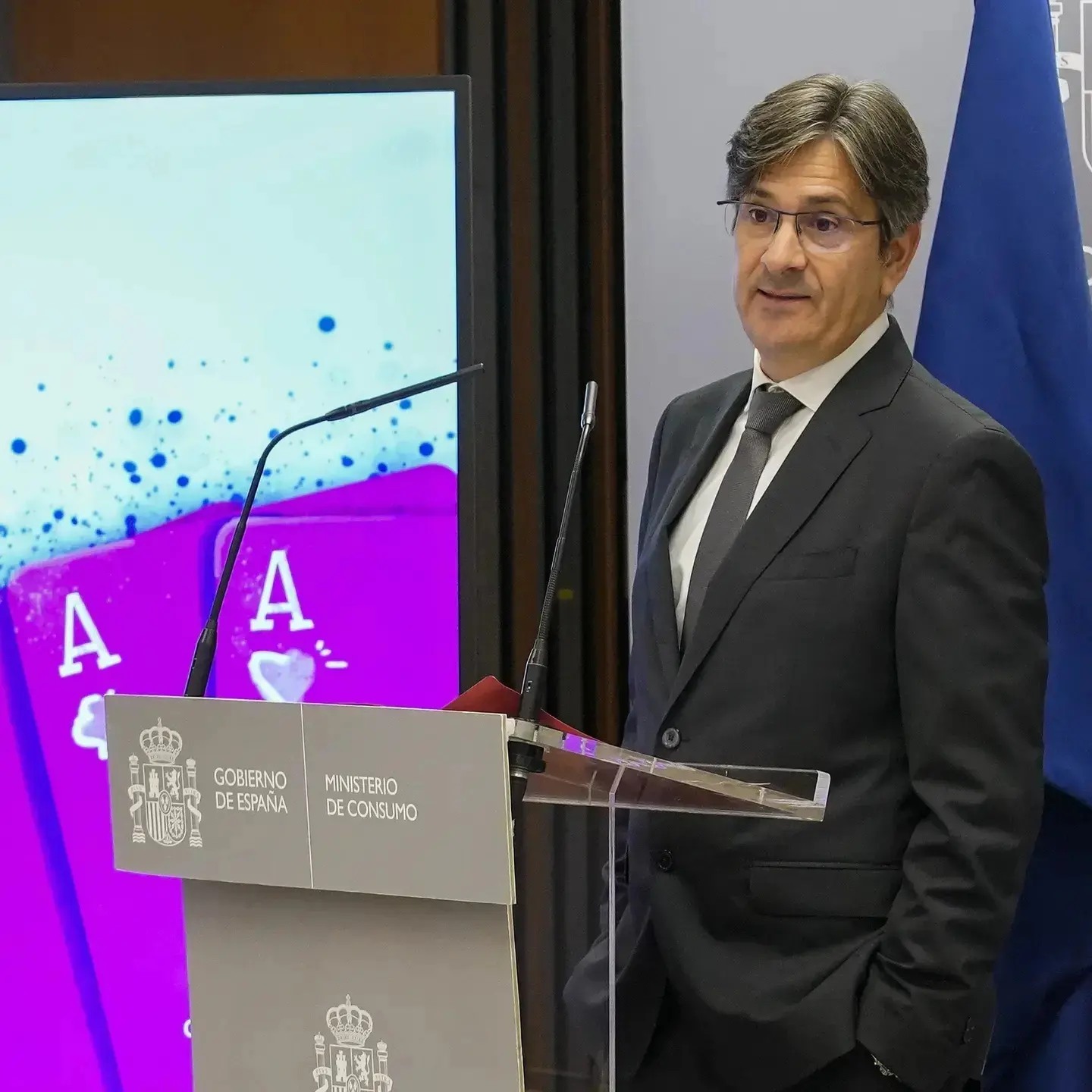
The objective is for players not to use credit cards to avoid generating debts that are impossible to pay and forces them to only use means of payment in their name so that they do not end up putting family or friends in debt.
The measure promoted by the Ministry of Consumer Affairs, and included in the Royal Decree of March 14, 2023, has been in force since Friday, March 15, 2024.
Who are the intensive and risky players?
In Spain, more than 70% of the population plays the lottery, bonoloto and primitive, and secondly, instant lotteries, such as the ONCE scratch cards, whose number of users has increased by 36% since 2018, according to data of the Ministry of Health of 2023. Within these, there are those called intensive or risk players.
Intensive players. These are users who accumulate net losses equal to or greater than €600 euros and in the case of young people under 25 it is limited to €200 euros, in a plan of three consecutive weeks.
Risk players. Risk players are considered to be those who maintain a debt equal to or greater than €600 euros net, for two or more years. No credit card for players and million-dollar fines for operators In addition to prohibiting players from using credit cards to avoid going into debt at levels that are impossible to pay, they have been prohibited from using payment methods that are not in their name.
The latter to avoid generating debts to family or friends when paying with their money. However, since gambling addiction is considered a disease, the Law falls heavily on the operators, mainly in taking prevention and warning measures in cases of players who lose control.
These are the highlights of the law:
• Gaming operators must control the player's time or money. That is to say, the session must be closed when one of the two runs out, whichever is the first.
• Online betting and gaming websites will be required to send at least every 60 minutes a mandatory reading message in order to continue playing, which will include the time played, the amounts of money that have been bet and the net losses. have produced.
• Companies may not send promotions to young people between 18 and 25 years old for purposes other than those of the gaming activity on the website or platform. For example: invitations to games or shows.
• They will also not be able to include this group in the loyalty program and misleading messages will be prohibited while the game is in progress, such as 'you were close' or 'you were almost right'.
• The operator will also have to send a message to the player when they win an amount of money greater than €5,000 euros. Companies will have to comply with all these measures, since if they do not, they may have to pay fines of up to €50 million euros.

General Director of the Gambling Regulation Office Martin Bohoš has warned that banning gambling will simply drive it underground.
Internet casinos held a dominant grip on the market in terms of betting, winnings and revenue, as indicators of the overall development of gambling in the gambling market. This growing trend is related to the dynamic growth of online gambling in Slovakia. They are followed by brick-and-mortar gambling houses and a popular segment among Slovaks – odds betting.
In terms of the amount of the levy to the state budget, the online casino segment led the way with a levy of more than €93m, followed by odds betting, thanks to which €80.48m flowed into the state budget, and the trio is closed by brick-and-mortar gambling houses, which paid levies in the form of a flat-rate levy of €61.9m.
In terms of online, around 90 per cent of the revenue was generated by online betting. When it comes to number lotteries, Slovaks prefer to visit brick-and-mortar collection points in this form of betting.
According to the current legislation, municipalities have very strong tools with which they can regulate gambling in their territory, especially the so-called prohibition general binding regulations, through which they can prohibit the placement of gambling houses and casinos in their municipality, and restrictive general binding regulations, through which they can regulate, for example, the location of gambling rooms near schools or school facilities.
Due to prohibitory generally binding regulations of cities and municipalities, the Office expects a decrease of 22 per cent in the levy on brick-and-mortar gambling houses and casinos to the state budget in 2025.
Mr. Bohoš highlighted the fact that municipalities and towns do not pay enough attention to the gambling agenda, therefore there are various errors in the process of issuing generally binding regulations. Failure to comply with the 5-day statutory deadline for fulfilling the notification obligation by cities and municipalities towards the Gambling Regulation Authority results in the Office for the Administration of Gambling Regulations not taking into account the generally binding regulation issued in this way within the licensing procedure.




